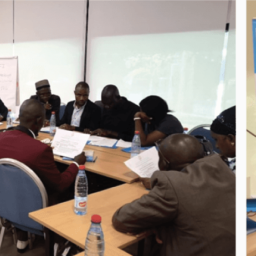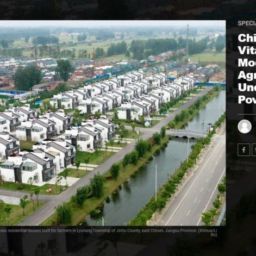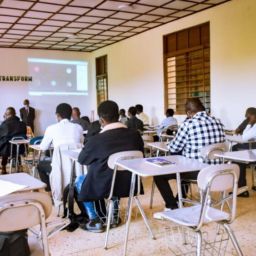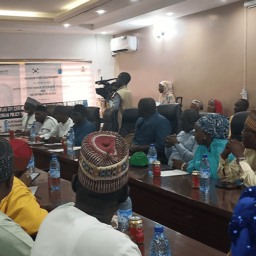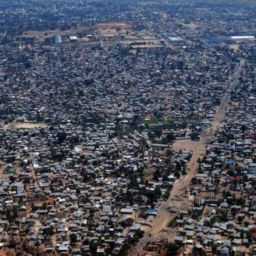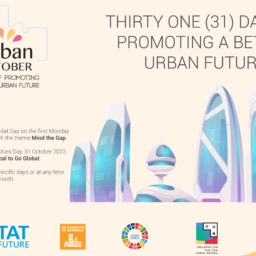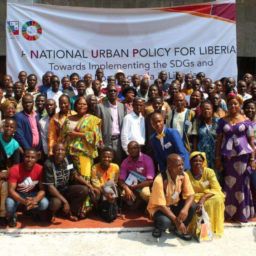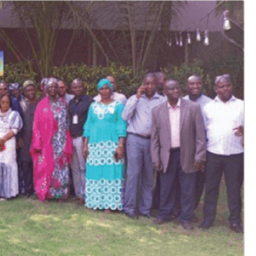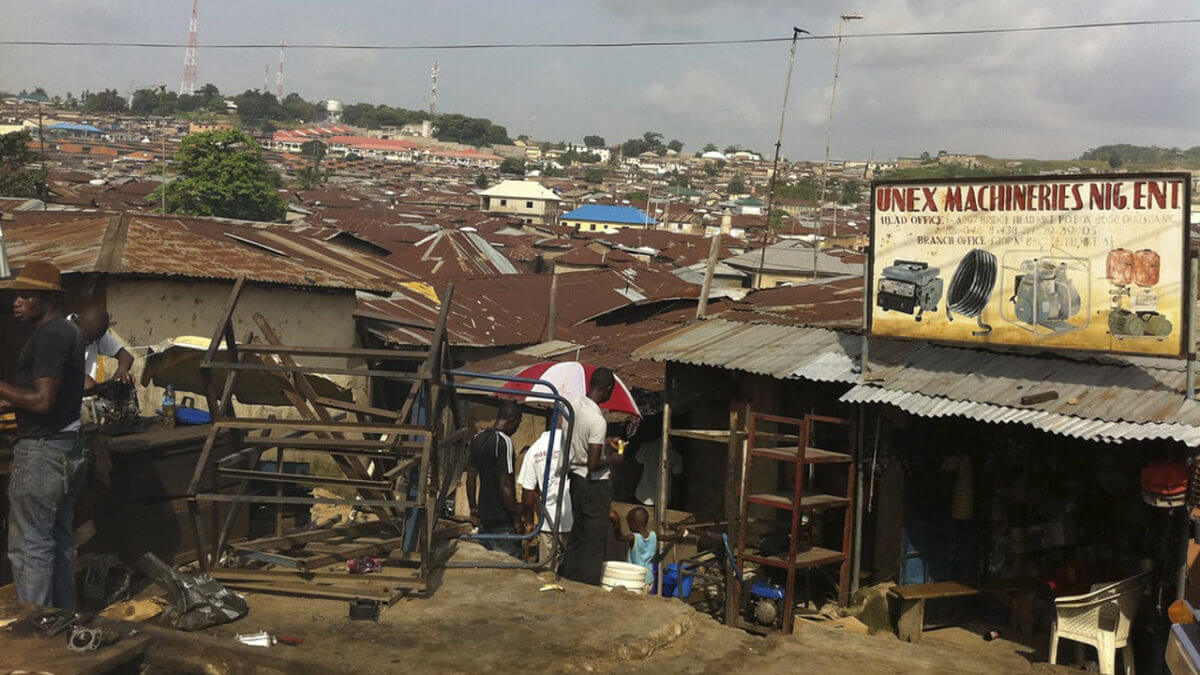
Niger State, Nigeria unveils blueprint for urban policy
An unflattering picture of the proposed Niger State Urban Policy (SUP) may have emerged, following a tentative assessment and discussions with residents in Minna, Bida, Kontagora, and Suleja by state officials.
Besides, the detailed analysis of the data generated from each of the 25 local councils has also provided accurate and reliable evidence of the development challenges across the state, which the SUP, must seek to comprehensively solve.
Among the core issues that would addressed under the policy as shown by an evidence-based and data-driven document are in seven areas, namely social development, education, agriculture, road and rail transportation network, provision of mass and affordable housing, green economic development, enhancing the capacity of the LGAs and enhancing internal revenue generation potentials of the state and LGAs.
The Secretary to the State Government and Chairman, Technical Support Team for the Preparation of Niger State Urban Policy, Alhaji Ahmed Matane who revealed these new areas of interest in a media parley, said the 30-man technical support team will ensure that the resources of the state especially, land for urban development was efficiently and effectively utilised.
According to him, “this is a deliberate effort to create a just, equitable, socially inclusive, resilient and self-sustaining state where no one and no place is left behind.”
Matane disclosed that Governor Alhaji Abubakar Sani Bello is seeking the financial support from the South Korean Government and technical assistance of UN-Habitat to prepare the SUP, “to enable all Nigerlites to take their rightful place in transforming Niger State into a state that embodies “Equity in Development” and “a State for all Nigerlites.”
He reiterated that the administration was committed to ensuring the development of human settlements in the state in a holistic, comprehensive and integrated manner.
The issues to be addressed under social development include sustainable youth empowerment strategy- to ensure that all young people in Niger State have every opportunity to participate fully in the lives of their societies; awareness of the effects of climate change on our lives; to develop effective strategies for mitigation and adaptation and to develop effective strategy for accessing available global concessional funding for climate oriented investments such as clean energy and the current global renewable energy revolution. These are long-term and concessional funds.
Others are strategies for upgrading the slums where a high percentage of the people live; of providing secured tenure over their plots of land; and of providing adequate social and communal facilities to enhance the quality of life of the residents; mainstreaming of the informal sector, and to provide requisite support to the operators to enable them to become reliable taxpayers and effective contributors to the economy of their towns and cities.
The policy is also targeted at providing adequate and affordable urban basic services, especially water, sanitation, and energy. This can be achieved through massive investment, predicated on effective partnerships, in renewable energy systems and components to diversify our sources of off-grid power supply (solar, wind turbines and mini hydroelectric systems; and to provide adequate, reliable and affordable power supply to the LGAs to drive their economic development.
Under the road and rail transportation network, the government is looking at fresh strategies such as building new and tolled inter and intra city roads network in partnership with the private sector; taking over the strategic federal roads in the state and managing them, on BOT basis, in partnership with the private sector.
Similarly, investing in new environmentally friendly modes of mass transportation systems within and between our towns and cities, especially the Agricultural Value-addition hubs. “This can be a good project for PPP;
The governor has initiated high-level contact with the Federal Ministry of Transport and the South Korean Government with a view to reactivating the Narrow Gauge Rail line from Baro to Minna.
“This will give a big boost to the economy of the state, as the Baro Port will commence operation; passengers transportation will commence on the route; and the prospect of establishing a Dray Port in Minna; and
Residents of our towns and cities to be encouraged to pay their equitable share of the cost of providing and managing the intra-city road network,” he said.
Matane said: “We need to embark on the development of mass and affordable housing for the teeming population of the state. We must take advantage of the emerging global technological development through:passive and zero energy design concepts and bioclimatic architecture; use of low carbon building materials and components as well as the use of energy-efficient building materials and components.
“SUP should lay a solid foundation for a Green Economy development in the State. This is a low carbon, resource-efficient and socially inclusive development paradigm: That enables all people to create and enjoy prosperity; that is people-centered; focuses on growing wealth that will support wellbeing; and
That offers opportunities for green and decent livelihoods, enterprises and jobs.”
ReadMore: https://guardian.ng/property/niger-unveils-blueprint-for-urban-policy/


